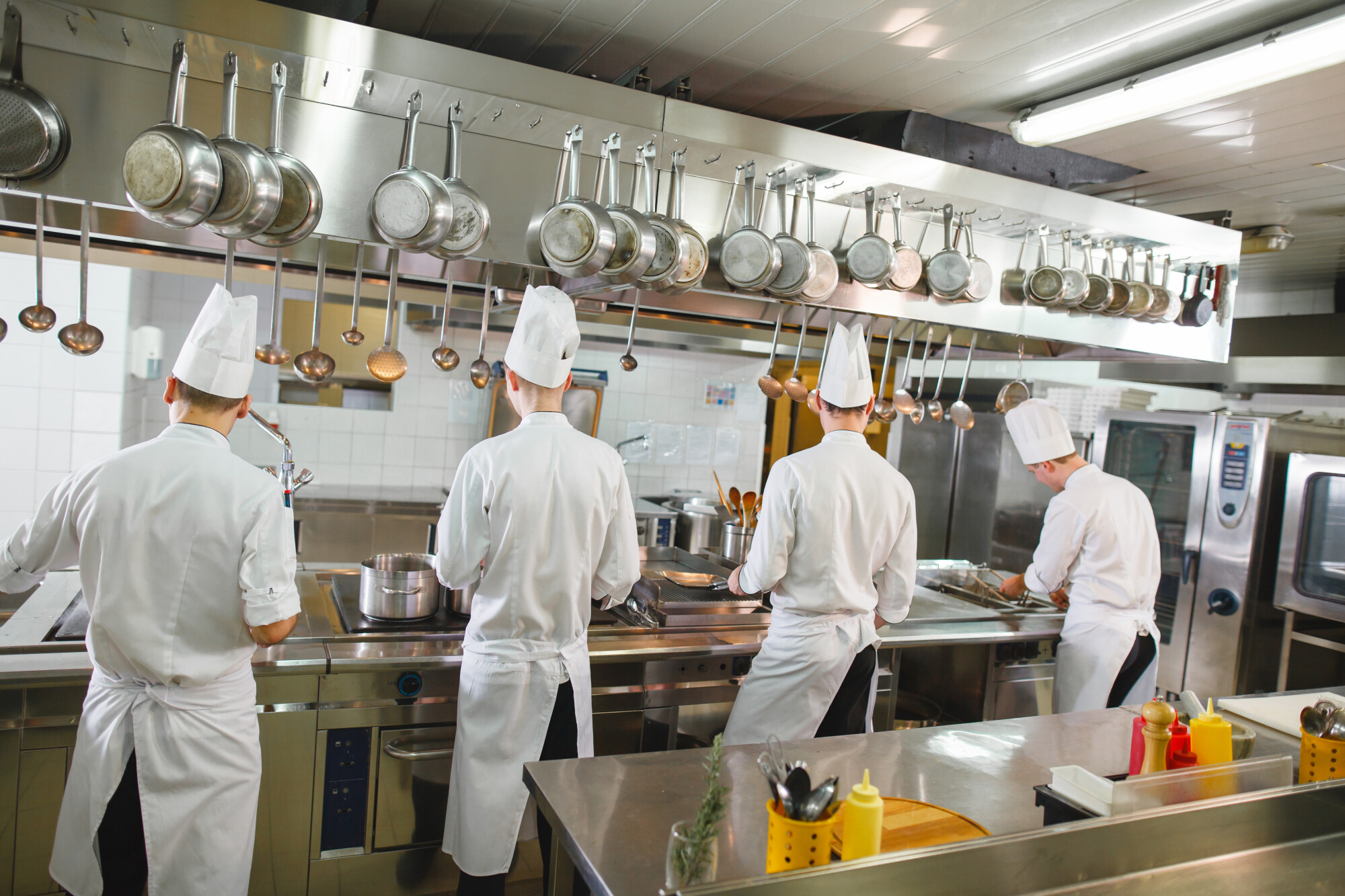
8 Important Things to Know (And Ask) When Buying a Restaurant
Nothing comes close to the exciting buzz of opening a new business. However, the average startup costs for a new restaurant business are between $275,000 and $425,000. Buying an existing restaurant could be the perfect option if you want to avoid the turmoil (and startup costs) of starting one from scratch.
Before you jump into your new venture, there are some essential things to consider. Firstly, running a restaurant is not for the faint-hearted! It would help if you also researched the prospective restaurant thoroughly to avoid any nasty legal surprises.
This guide will walk you through what to know (and ask) before buying a restaurant.
1. Why is the Owner Selling the Restaurant?
Is the owner retiring or starting a new venture? Understanding why the owner is selling their restaurant can provide insight into how the business is performing. Speaking to the owner is also a great way to learn about the brand and story behind the company.
Working with a professional, knowledgeable business broker can help you gain access to helpful information and uncover the seller’s motivation for selling. A broker can use this information to negotiate a better price for the buyer.
If the owner struggles to generate profits, you may need to rebrand and make drastic changes. If the restaurant was successful, would they be selling it? Remember that you will inherit the good, the bad, and the ugly when you buy a restaurant from the previous owner.
2. Location, Location, Location
The best way to research a location is to visit as a customer. Check out the area and take notes on the competition. Your findings will give you an idea of whether the site is popular and how other businesses perform in the vicinity of the restaurant.
Learning about the location will also tell you if the rental rates are fair for your property. Crime rates and new developments can also have an impact on the performance of a restaurant.
3. What is the Restaurant’s Reputation?
You can ask the locals what they think of the restaurant as you research the local area. Do they dine in or take out? Do they enjoy the food?
Lots of restaurants have loyal customers who visit them regularly. Observing the restaurant from a customer’s perspective will allow you to identify whether your prospective restaurant has a loyal following that you will inherit.
Checking online reviews will give you an idea of the restaurant’s reputation within the local community and beyond. Pay attention to negative feedback and consider how you would address their issues when you take over the restaurant.
4. The Competition is Fierce
There were 660,936 restaurants in the US as of 2021. Your restaurant must have a unique selling point if you want to succeed in the restaurant industry. It’s a good idea to include a non-compete clause in your contract to prevent the seller from opening up a similar restaurant nearby.
Establish the restaurant’s unique selling point (USP) by conducting a competitive analysis and tracking industry trends.
5. Existing Employees
When you buy an existing restaurant, you also take on the staff. Identifying which employees are critical to the restaurant’s success should be part of your due diligence before you complete the purchase. Some employees may wish to terminate their employment if a new owner takes over the restaurant.
Your new employees are a direct connection between you and your new customer base. They can teach you everything there is to know about your new business and how to help it succeed. Taking their opinions on board will be crucial to your future business strategy.
6. Check the Licenses and Permits
You may need to apply for state-specific licenses and permits to run your restaurant. Your restaurant must have a liquor license if you sell alcoholic beverages. It is also worth checking if any violations or outstanding debts could jeopardize the restaurant’s success.
Does your restaurant use a dumpster for garbage disposal? You may need a dumpster placement permit. Licenses and permits vary depending on your location, so it is best to check with your local authority before you sign the contract.
Ask the seller about licenses and permits so that you are aware of which ones you need. You can check your local government website to view inspection results and any health code violations against the restaurant before you buy it.
7. Marketing is Crucial
Keeping customers interested in your new restaurant is vital for success. What is the current owner doing to advertise the restaurant? Consider your marketing strategy before you buy so you can figure out how you would cater to the demographic.
Take a look at the restaurant’s social media and website before you commit to the purchase. Do they have a solid online following with plenty of positive reviews? A paper-based marketing strategy may work better if the customer base is an older crowd.
8. Buying a Restaurant is an Adventure
Buying a restaurant is hard work. However, the rewards you’ll receive along the way will make it worthwhile. Running a restaurant is the perfect way to introduce people to your recipes and culture alongside great music and delicious beverages.
Owning a restaurant will also give you more opportunities to give back to your community. You can donate surplus food to charities and homeless shelters or sponsor a worthy cause.
Get Support With Buying a Restaurant
Buying a restaurant is the perfect way to enter the business world without taking substantial financial steps. An existing restaurant with an established customer base, trained staff, and permits will allow you to take over where the previous owner left off. It would be best to research whether the restaurant for sale is a risk or a path to success.
Are you ready to buy a restaurant? Take the first step and book a free consultation with Fusion to make your dream a reality.
